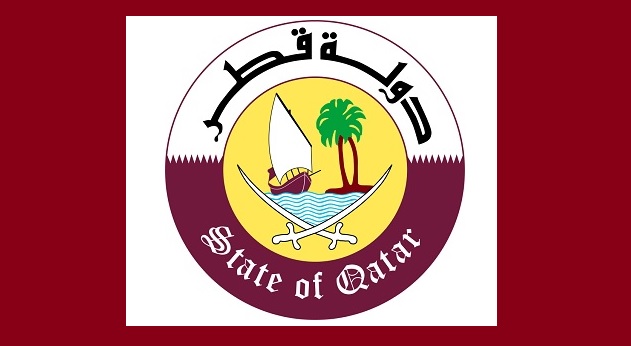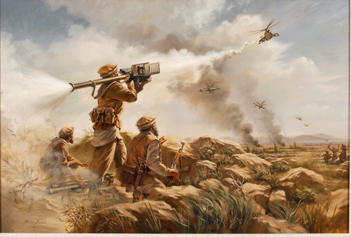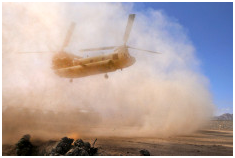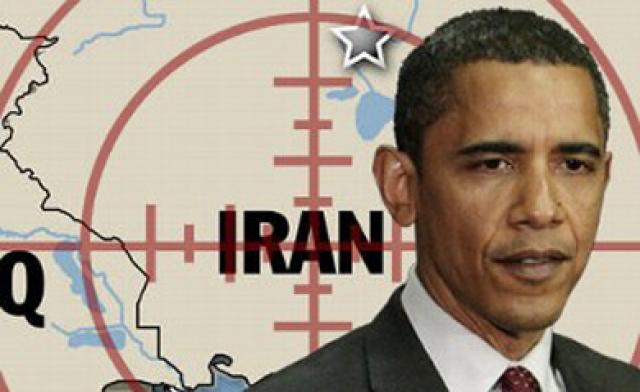France Passes Palestine State Recognition: Could UN Security Council be Next Stop?
In a majority vote, the French National Assembly passed a resolution for symbolic recognition of Palestine statehood. This adds France to a list of EU members, Sweden, Ireland, the UK, and Spain whose Parliaments have passed similar resolutions. Another such vote is pending in Denmark, while the European Parliament has scheduled a debate and possible vote on December 18, 2014. France24 provided this report on the vote in Paris, “French legislators vote in favor of recognizing Palestinian state”:
The non-binding, but highly symbolic National Assembly vote urges the government to recognize Palestine as state, reflecting growing European impatience with the stalled Middle East peace process.
MPs voted 339 to 151 in favor of the motion calling upon the French government to recognize the state of Palestine “as an instrument to gain a definitive resolution of the conflict.”
Reporting from the National Assembly shortly after the vote, FRANCE 24’s Armen Georgian noted that while the motion was expected to pass, the number of votes in favor revealed “a very clear majority” of French lawmakers supported the move by the ruling Socialist Party.
The vote came despite the opposition from the centre-right UMP party, whose newly-elected leader, former French president Nicolas Sarkozy, urged his party members to vote against the motion.
France is home to Europe’s largest Jewish and Muslim communities and right-wing lawmakers have criticized the ruling Socialist Party of trying to woo Muslim voters.
The Voice of America account of today’s National Assembly vote indicted that 60 percent of French polled support Palestinian statehood.
This latest EU member declaration vote for Palestine statehood has been criticized by Israel and praised by the PA. France24 reported:
The Israeli embassy denounce[ed] the move as harmful to prospects of peace in the region.
“Israel believes that the vote in the National Assembly… will reduce the possibility of achieving a deal between Israel and the Palestinians,” according to an Israeli statement released shortly after the vote. “Decisions of this nature harden the Palestinian position and send the wrong message to the people and the leaders of the region,” it added.
The Palestinian leadership, on the other hand, welcomed the vote and expressed its “gratitude” to French lawmakers.
“We call on the French government to translate its parliament’s vote into action,” Hanan Ashrawi, a senior leader in the Palestine Liberation Organization, said in a statement.
“We wish to express our gratitude to the members of the French parliament for adopting a resolution on the side of justice and human dignity,” she said. “For peace to prevail, support for the two-state solution must be more than lip service.”
This is all part of PA President Mahmoud Abbas’ Palestine 194 Campaign that has garnered formal recognition from more than 130 members of the UN General Assembly, where the Organization of Islamic Cooperation has a controlling vote bloc. Our European source in Geneva reports possible moves by the Hollande government to introduce formal statehood recognition before the UN Security Council this month, not waiting for the outcome of European Parliament vote on their resolution in Strasbourg.
Jonathan Schanzer of the Washington, DC-based Foundation for Defense of Democracy in our NER interview ,published in the current December edition, warned about what the Administration might do at any scheduled UN Security Council vote on Palestinian statehood. Note his responses on this question by this writer and Mike Bates of 1330AM WEBY in Pensacola, Florida:
Gordon: The Palestinians have campaigned at the UN and elsewhere for Palestinian state recognition. We have seen votes in Sweden, UK, Spain, something that may even occur in France and the European Parliament. Is that realistic or is it simply just symbolic?
Schanzer: It’s symbolic for now. However, the Palestine 194 Campaign does pose a threat to Israel long-term. It is not just that the Palestinians would declare a state or gain recognition of statehood. The problem is as this campaign continues to gain steam you are going to see countries that are at least potentially going to impose sanctions on Israel. Why? Because they disagree with where Israel’s borders are, or that Israel’s policies continue in the West Bank in terms of its maintaining control of certain territory that the Palestinians claim as their own. There is also the threat of an ICC, the International Criminal Court action that the Palestinians have been promoting. If the Israelis don’t basically bend or buckle to their territorial demands, that Israel could find itself fighting off an international lawsuit. There is significant concern on the part of the Israelis about where this is going. I think it’s undeniable at this point that the Palestine 194 Campaign is gaining steam.
Bates: Can the United Nations recognize Palestine as a state without the approval of the Security Council?
Schanzer: They already have two years ago at the General Assembly. It was roughly 130 countries that recognized the state of Palestine; however, it was only a symbolic vote because it did not make Palestine the 194th country. PA has not backed down. They continue to push the issue. They continue to work with sympathetic countries to have internal votes that would recognize the State of Palestine. This would entail an upgrade of the diplomatic mission and perhaps other perks and agreements on how to deal with the Israelis moving forward. While, it wouldn’t make the state of Palestine, so to speak, the 194th country, it would give the Palestinians more facts on the ground and leverage to work with.
Bates: The General Assembly vote was purely symbolic. It didn’t admit Palestine as a member state to the UN. Does that require approval of the Security Council?
Schanzer: It does. The Security Council would be absolutely necessary to make it the 194th country. One of the things that Jeffrey Goldberg’s [The Atlantic] article noted was a one line that was very disconcerting. That was that the United States may be considering lowering the shield, as they call it, at the UN Security Council so that they might abstain on a vote about Palestinian statehood as opposed to vetoing it, which they have in the past.
EDITORS NOTE: This column originally appeared in the New English Review. The featured image is of French Foreign Minister Laurent Fabius smiling during National Assembly Debate on Palestine Statehood resolution. December 2, 2014, Source AP.





